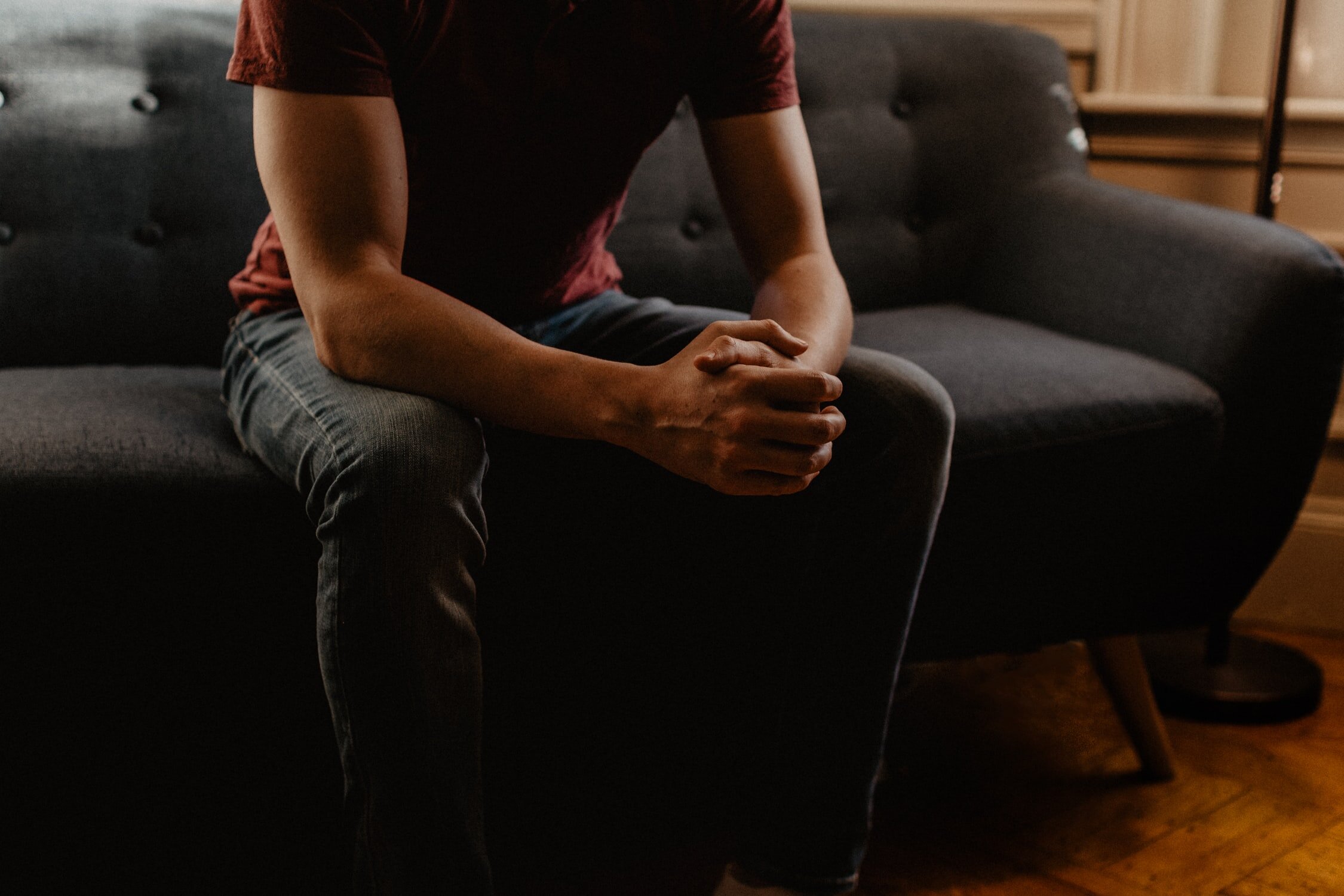Are you prepared to find your therapist?
You should be able to speak freely and without fear of judgement in the therapy room, so it’s important to find someone that you feel comfortable with and able to connect to. However, choosing a therapist can feel like online dating; there’s a sea of information to read through, it can feel difficult to get a feel for the person behind the profile and it takes courage to reach out to someone you don’t know. That’s why I’ve decided to share some thoughts about how to prepare to find a therapist.
The Right Chemistry
How would it feel for you to work with someone of a specific gender, age or background? Neither difference nor sameness need to be avoided, but it could be useful to reflect on whether there are characteristics that have a special meaning to you. Do you notice yourself varying what you say depending on who you’re talking to? What would it mean to talk to someone who shares a name with a loved one that you’ve lost? Are there personality traits you simply prefer e.g. plain-speaking vs descriptive, instructional vs conversational, warm vs unemotional. It’s also remembering that there are some qualities that all therapists will have in common, such as not giving advice and not judging you.
Getting what you Need
If you’re clear about what you need from your therapist, it’s easier to find out that whether they can provide this. Most therapists will be able to support you through a broad range of challenging feelings and situations, but are there areas you feel it’s important they have specialist knowledge and experience in? Would it help for your therapist to be familiar with grief and bereavement, being a carer or working with couples? Would it help for your therapist to have a deeper understanding of the LGBTQA+, BAME or Disability communities? Would it help for your therapist to have a specialist training in addiction, eating disorders or PTSD?
The Big Questions
What kind of therapist are you looking for (e.g. Counsellor, Psychotherapist, Psychoanalyst)? See my blog on Can you Spot the Difference Between Therapists for a summary of types of therapist.
Which way of working do you want your therapist to focus on (e.g. Person-Centred, Psychodynamic, Gestalt)? See my blog Which Therapy is the Best Fit for You? for a summary of different models.
Have you asked about your prospective therapist’s professional memberships, areas of experience and qualifications?
What services does your prospective therapist offer and does this fit the commitment you want to make (most importantly when and where)?
Do you have any requirements that your therapist needs to provide for such as a BSL or foreign-language interpreter or an easily accessible therapy room?
What is your price range, and are you comfortable with your therapist’s policies on holidays and missed sessions?
What is your therapist’s approach to confidentiality and how will they store, use and protect any information you share with them?
Further Information
It’s useful to talk to a few therapists before deciding which one to work with. After an initial conversation, think about how you’re feeling. Is this someone you could open to and trust, and who can help you to make a positive change in your life? If not, it’s important to listen to your instinct and try someone else. Here’s a short video about how to find the best therapist for you:
BBC Stories - How to find the best therapist (Like Minds Ep.15)


